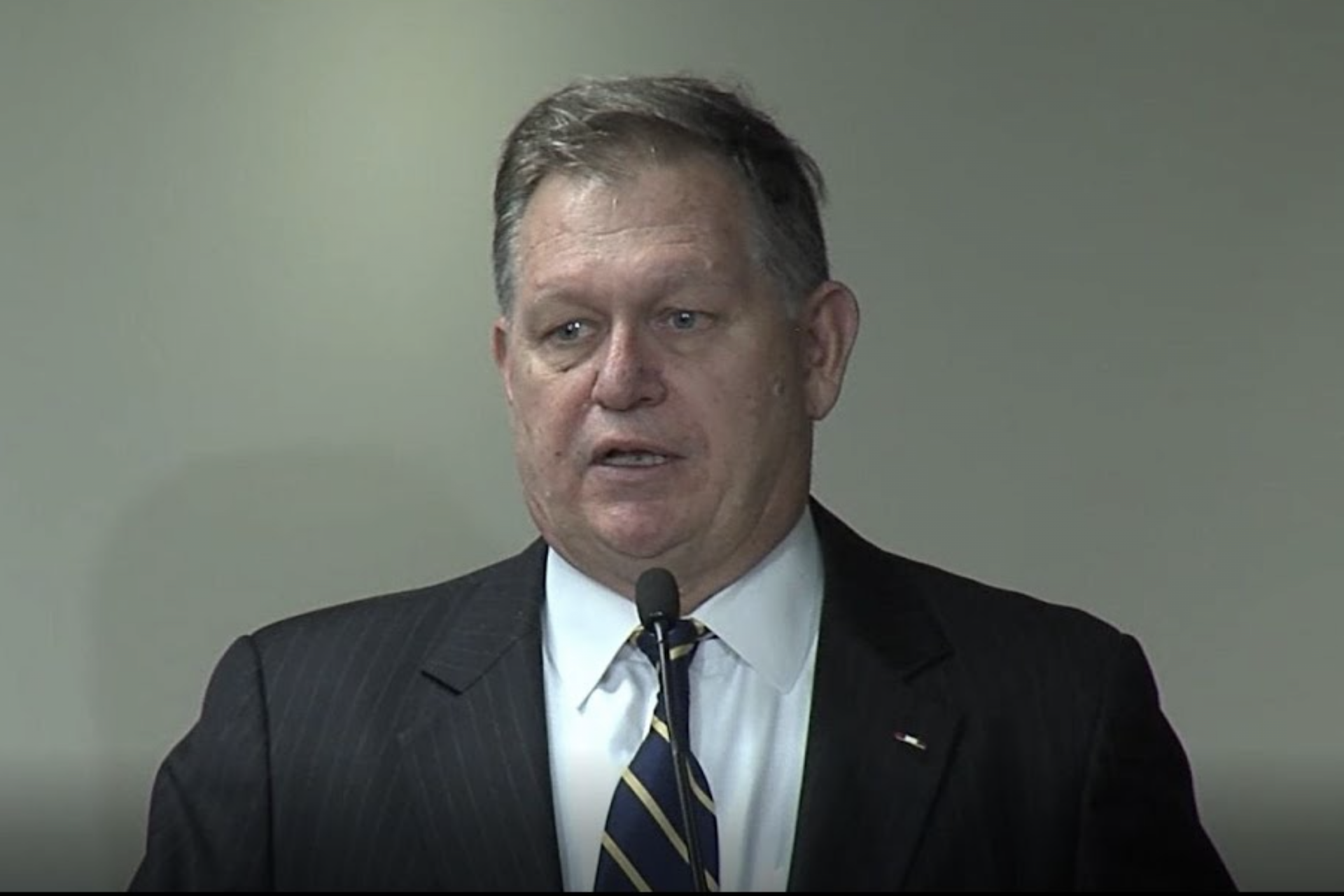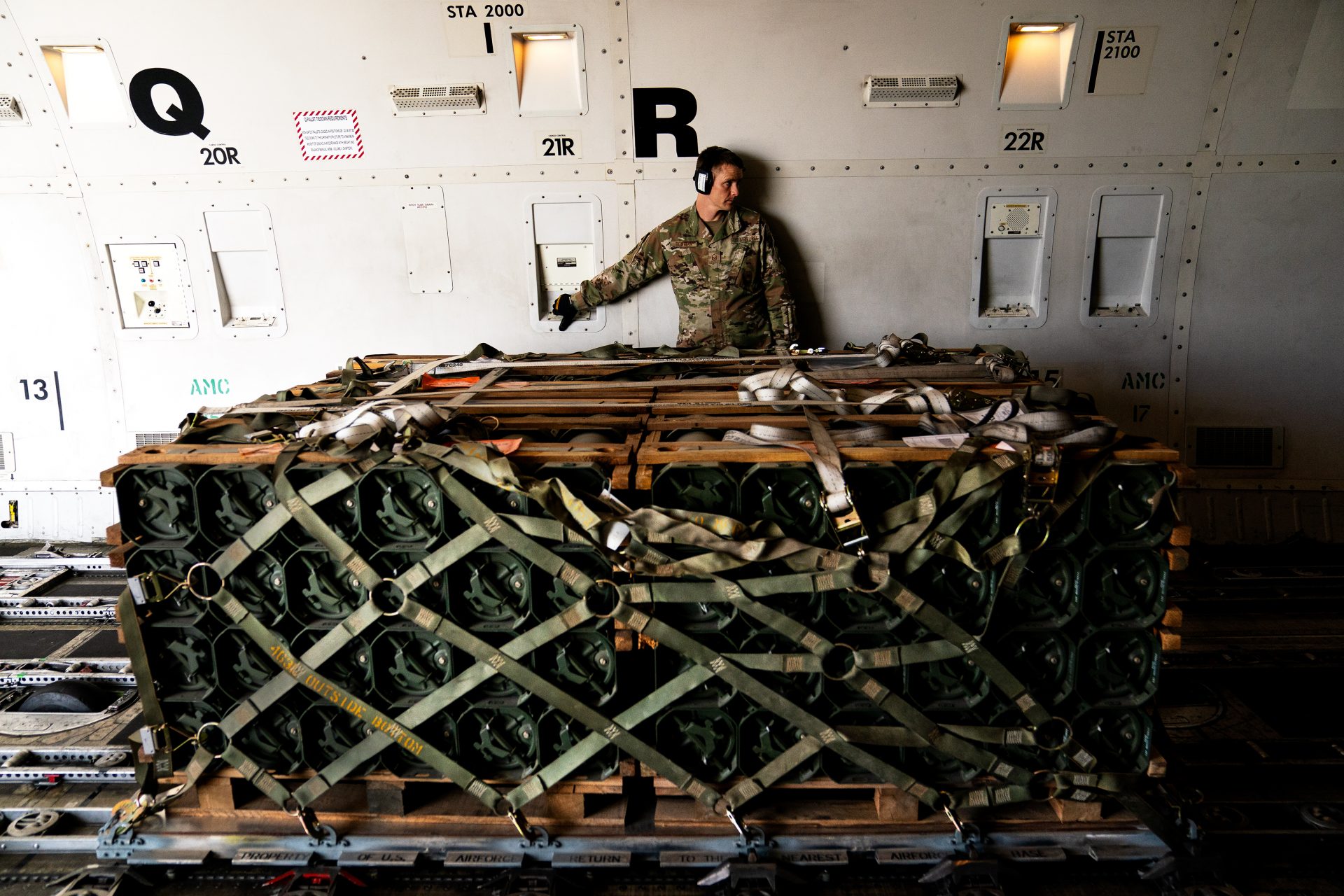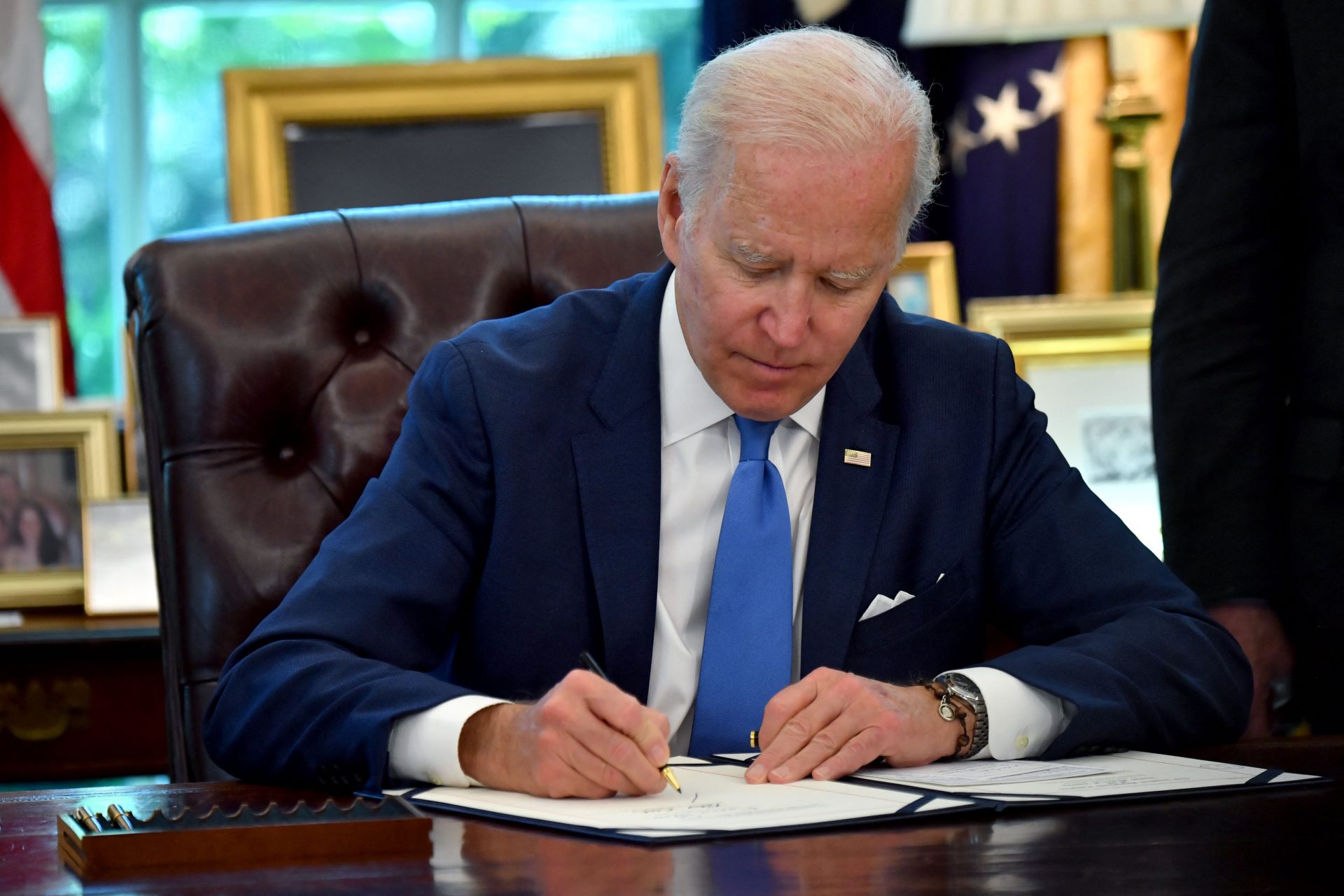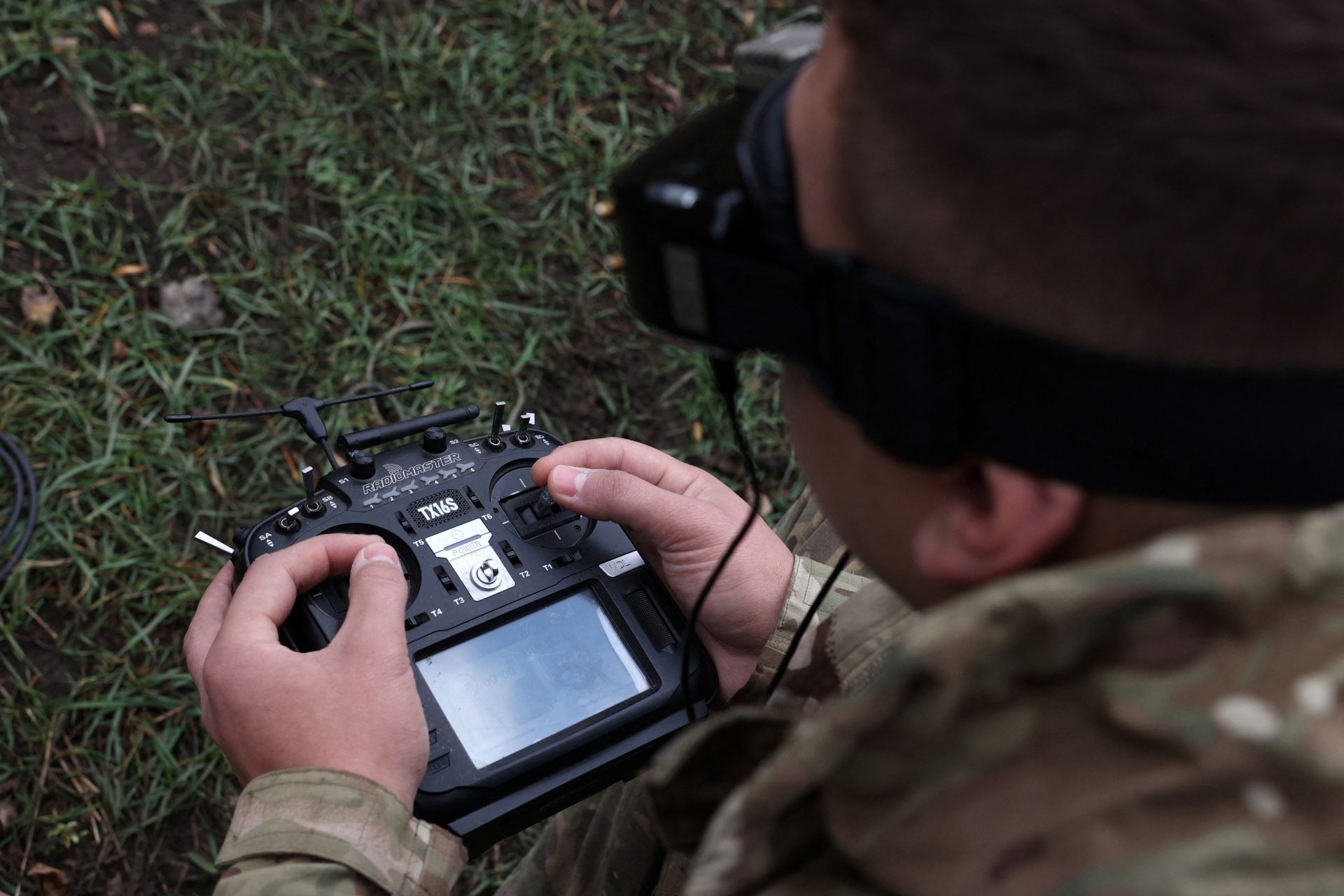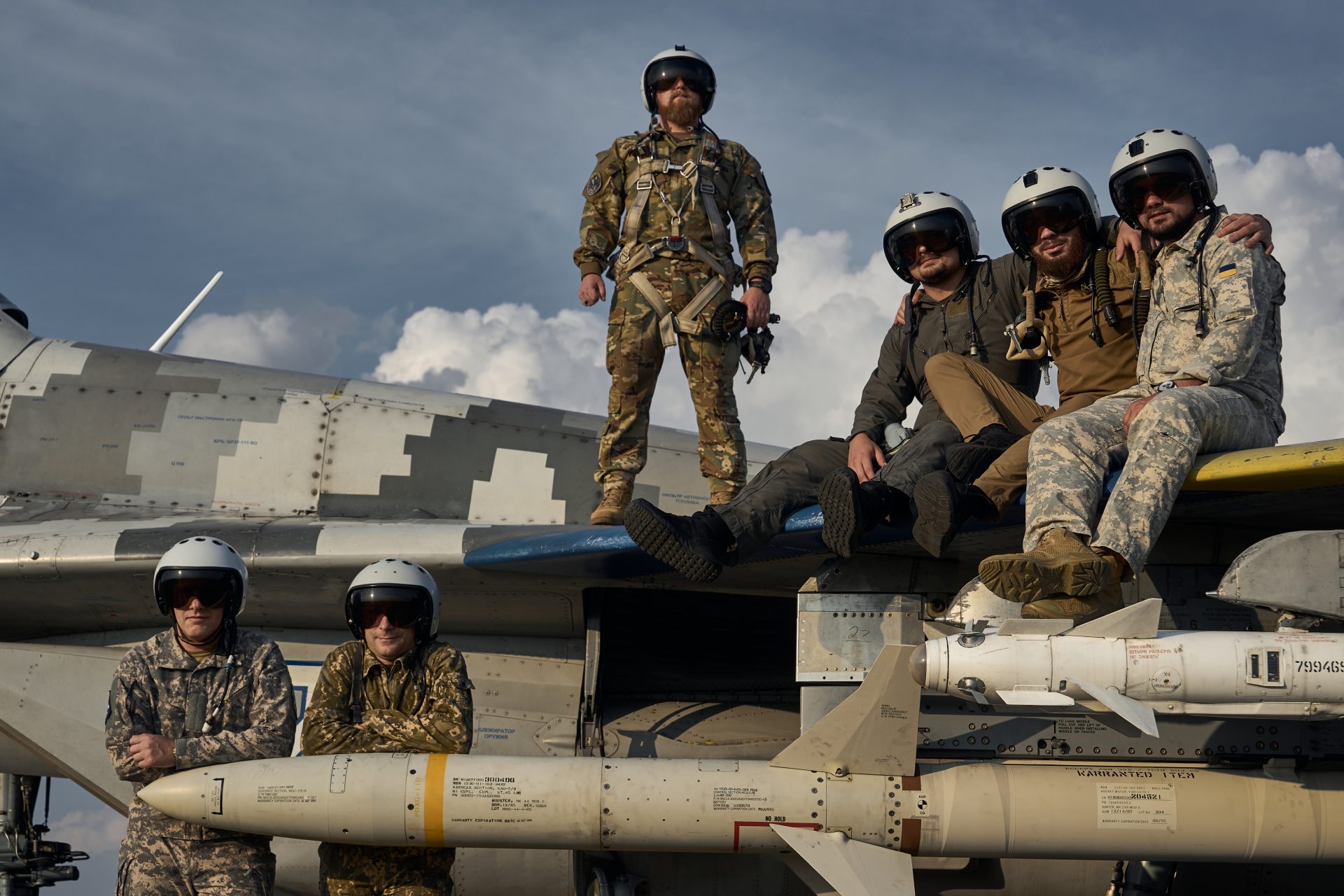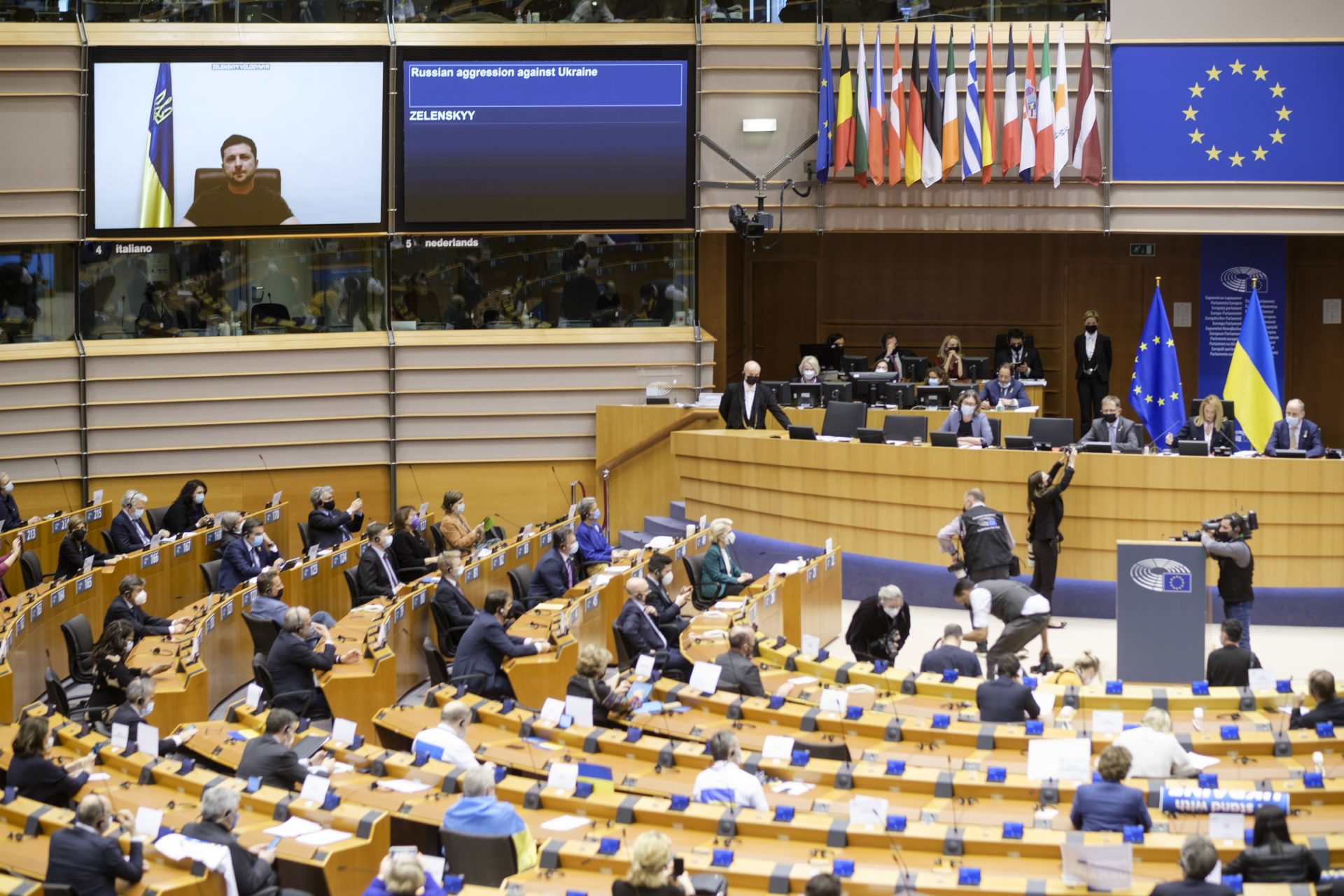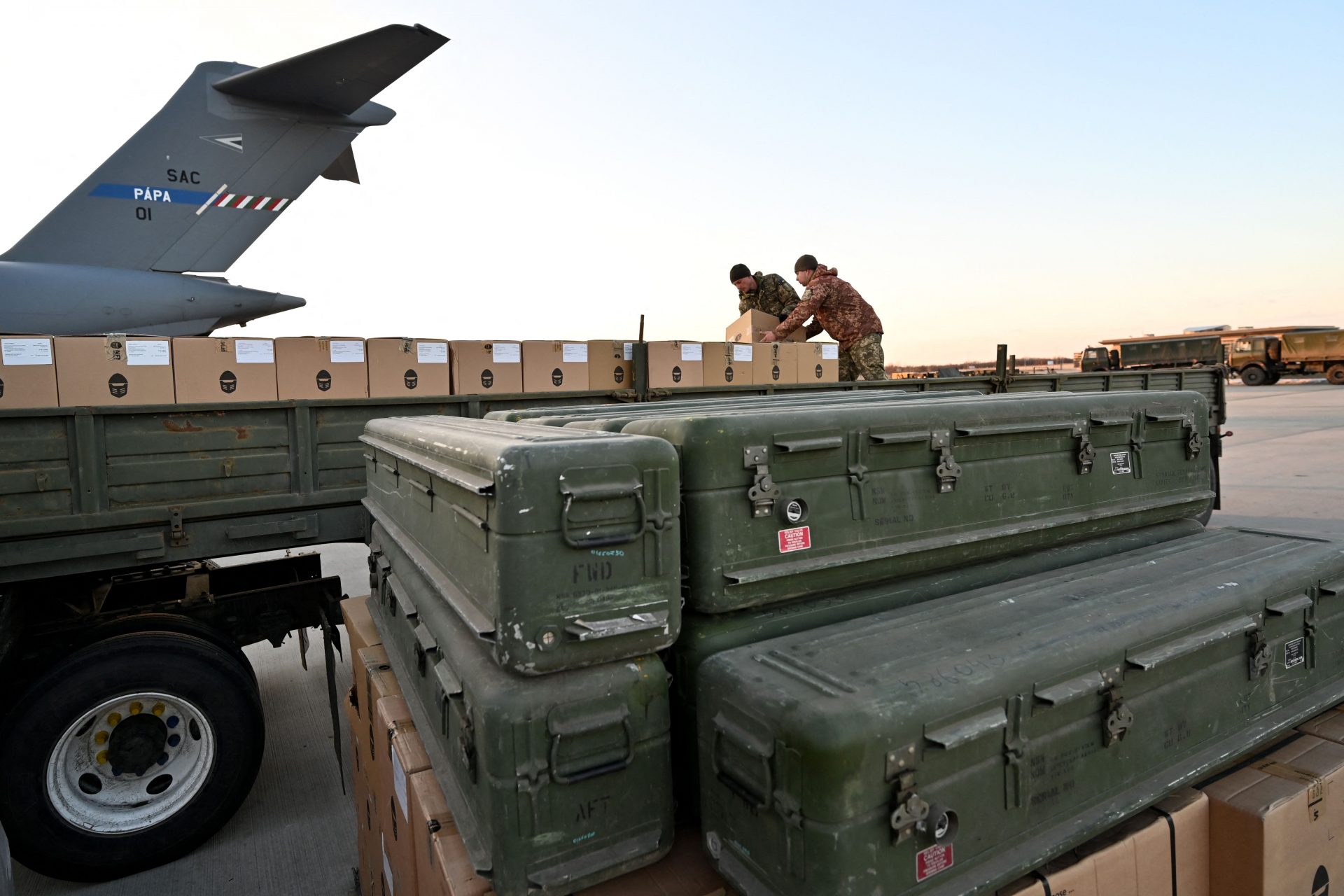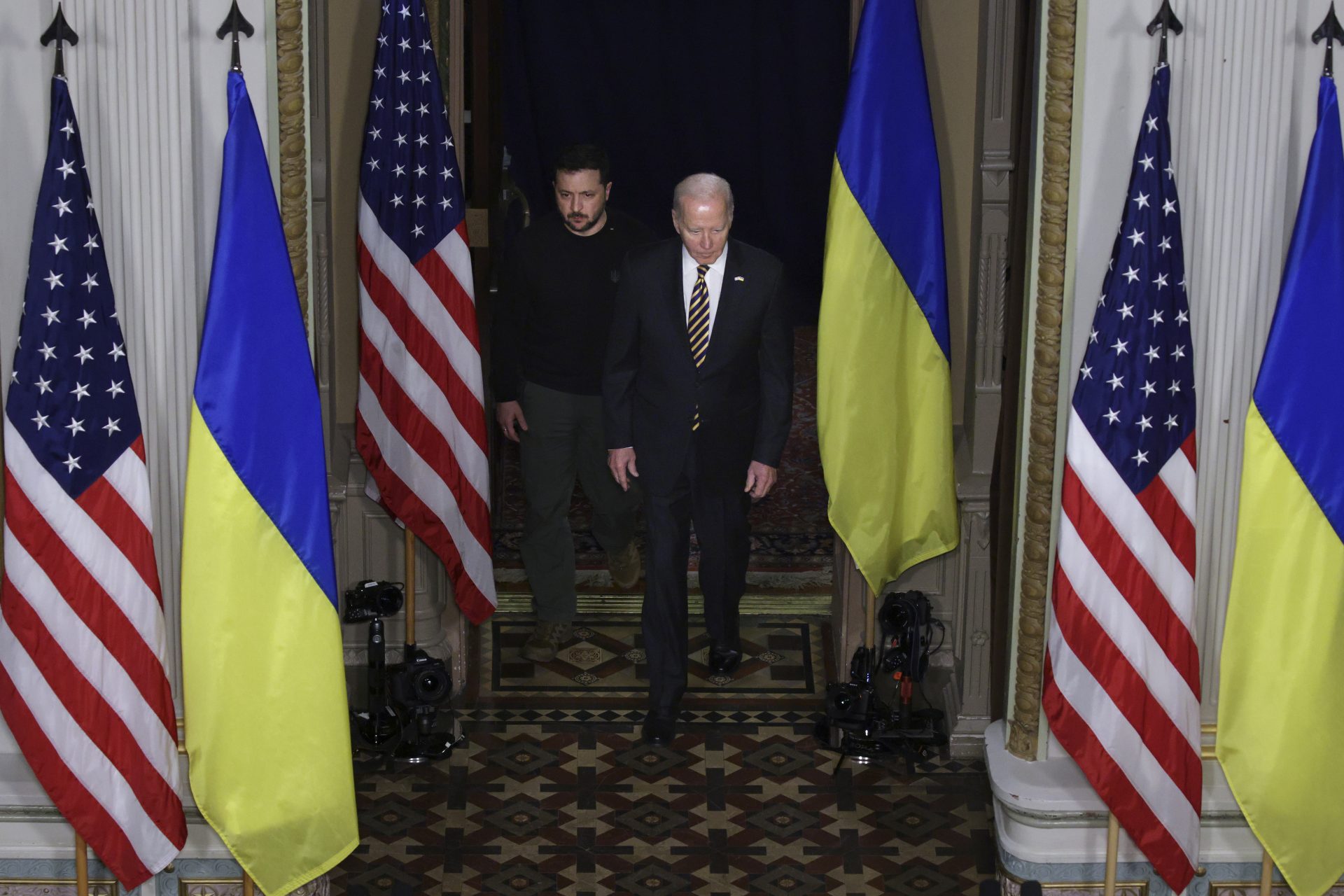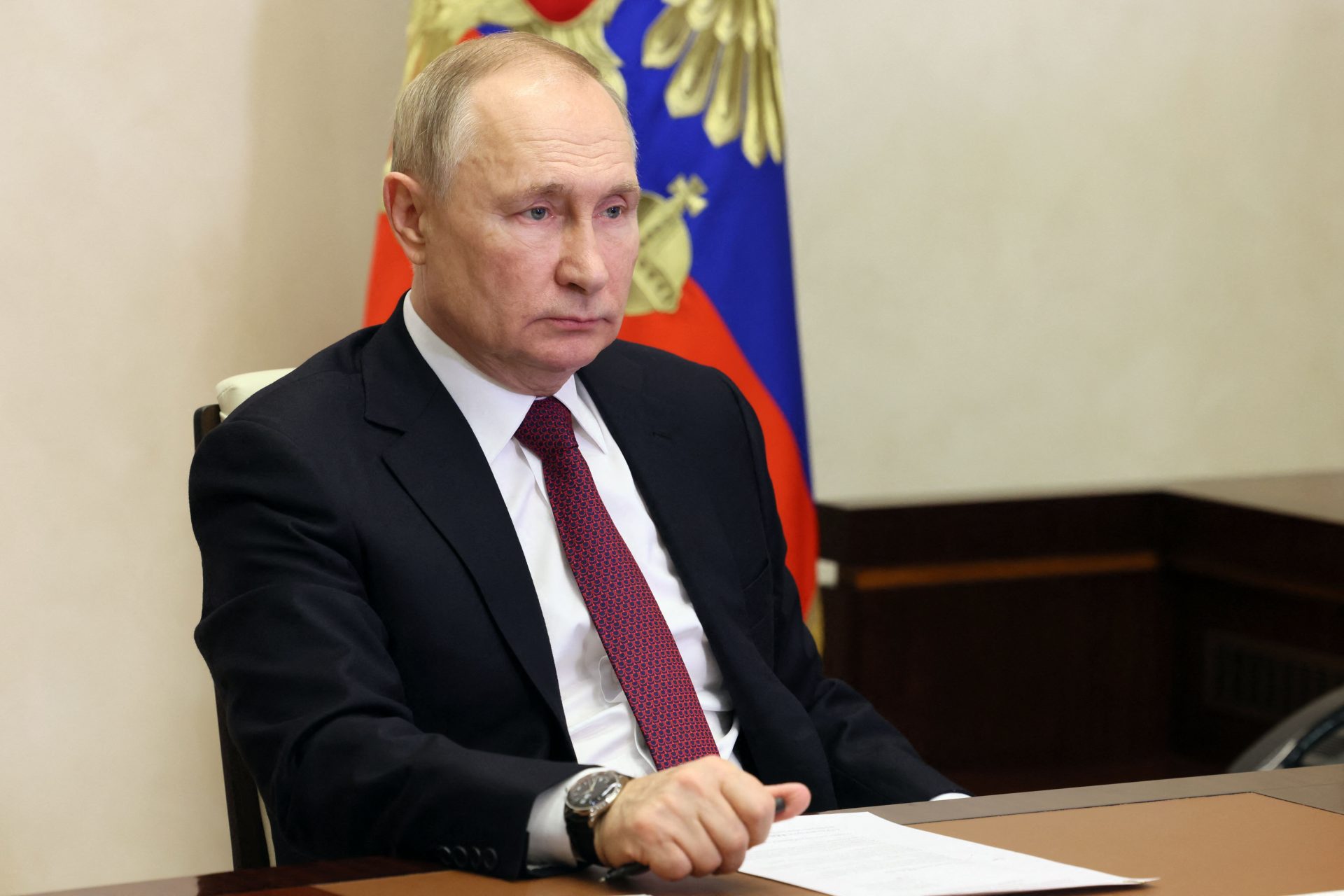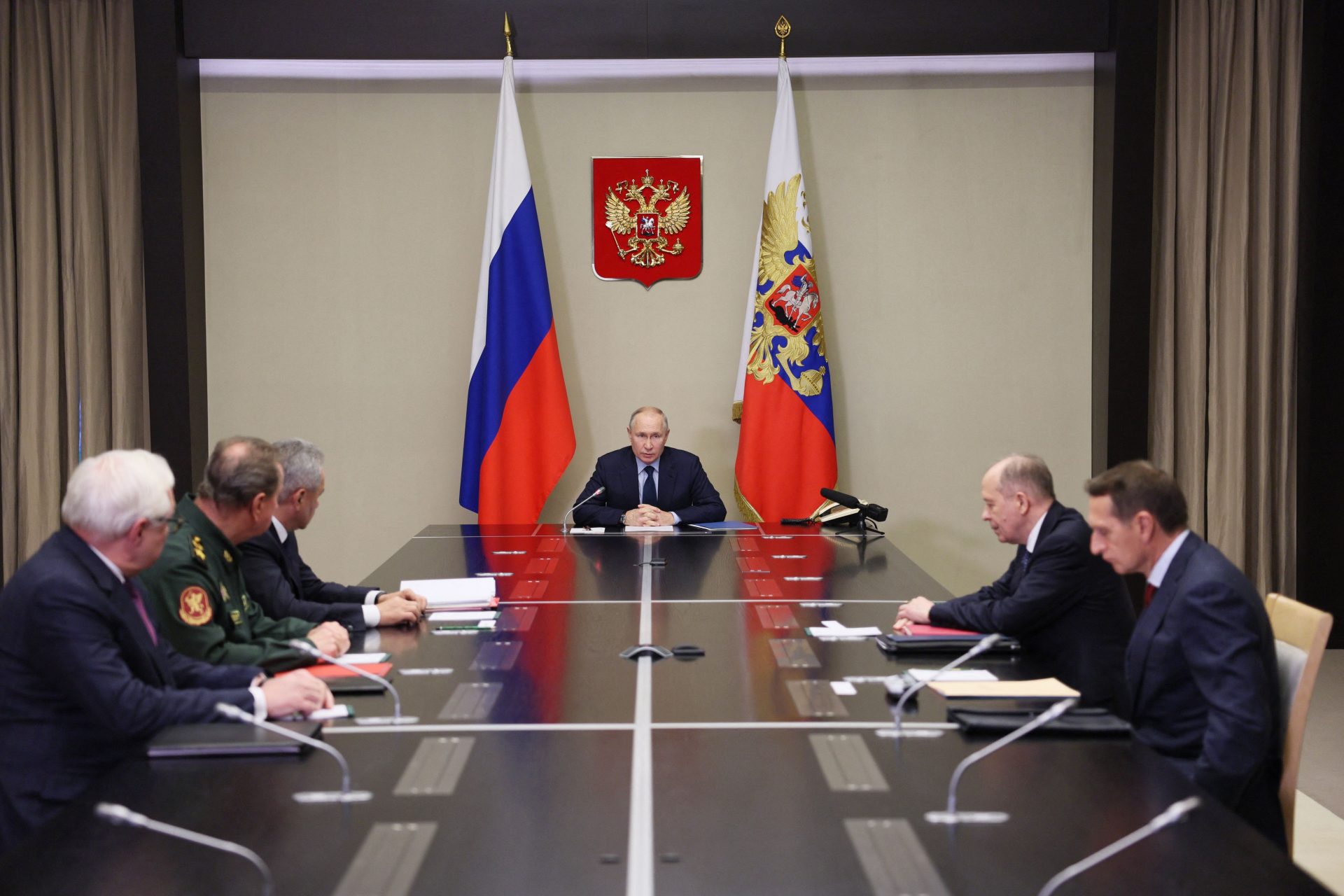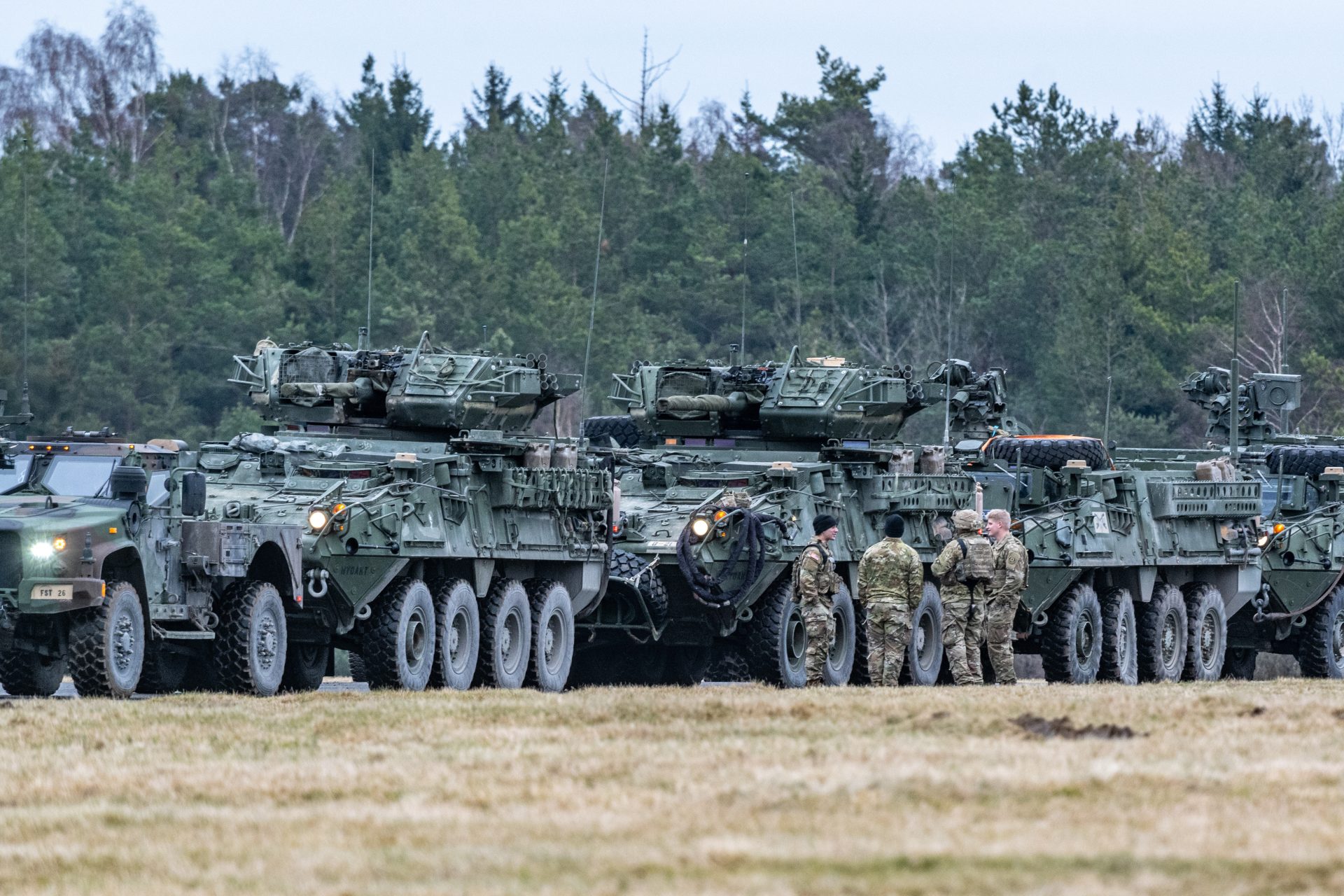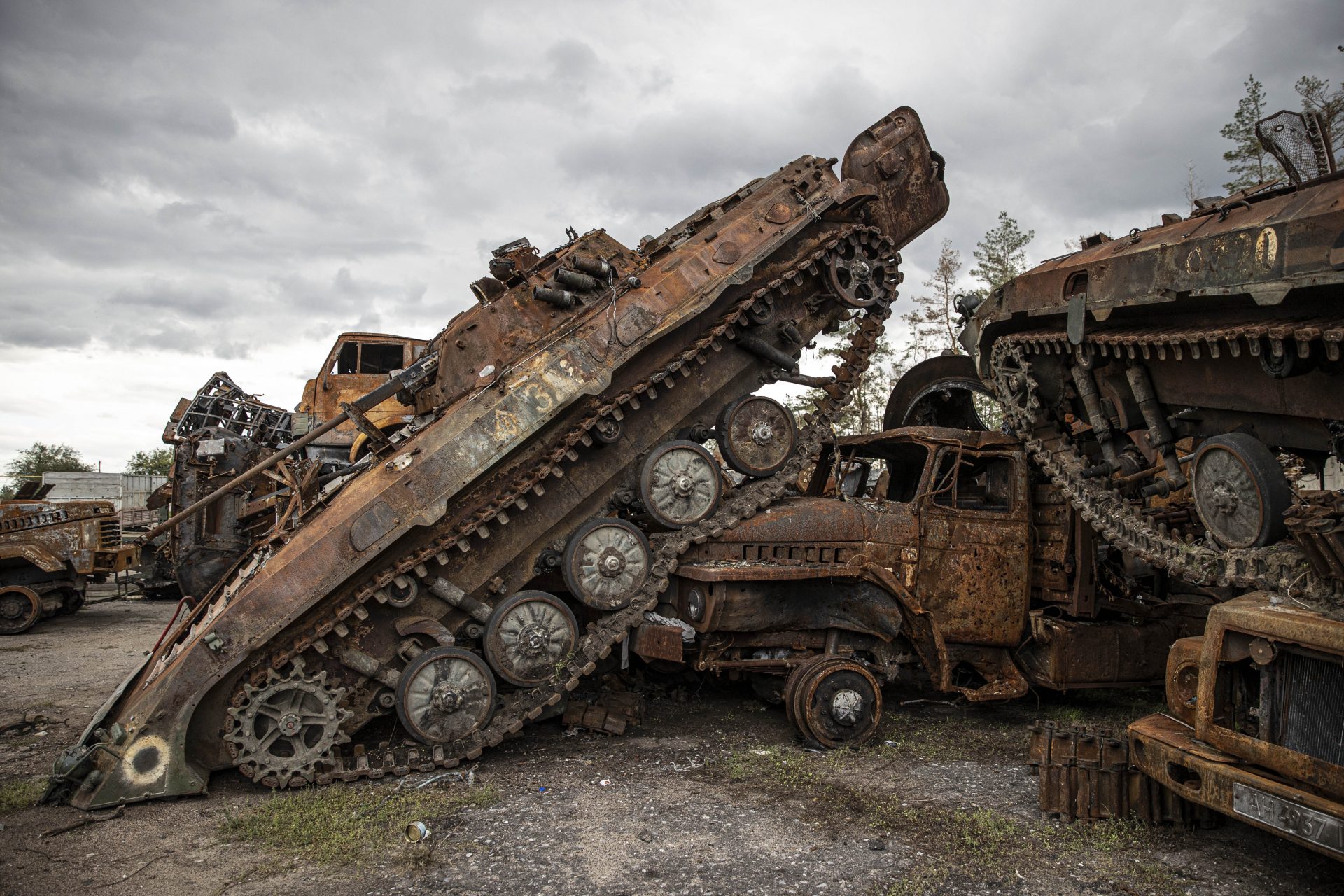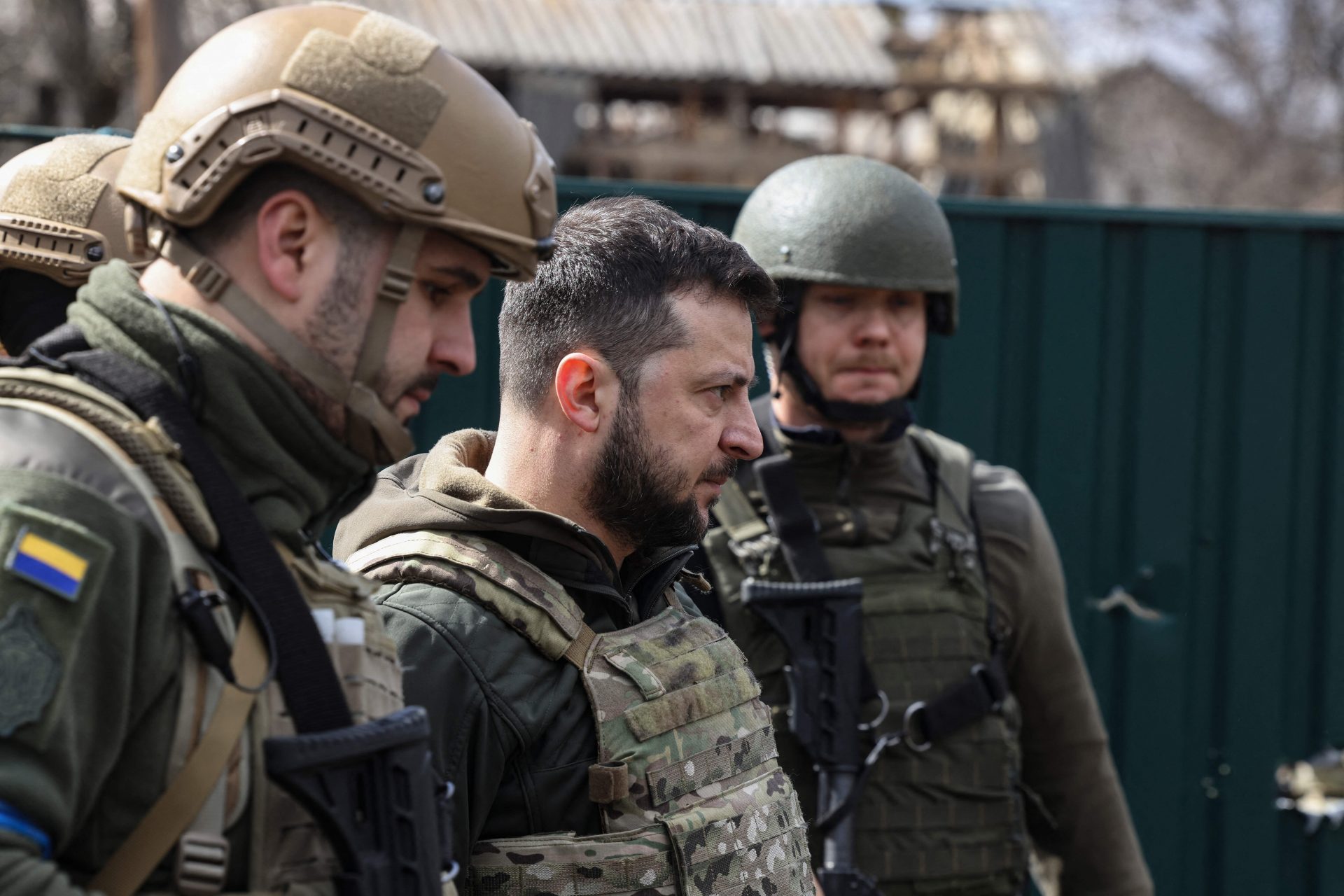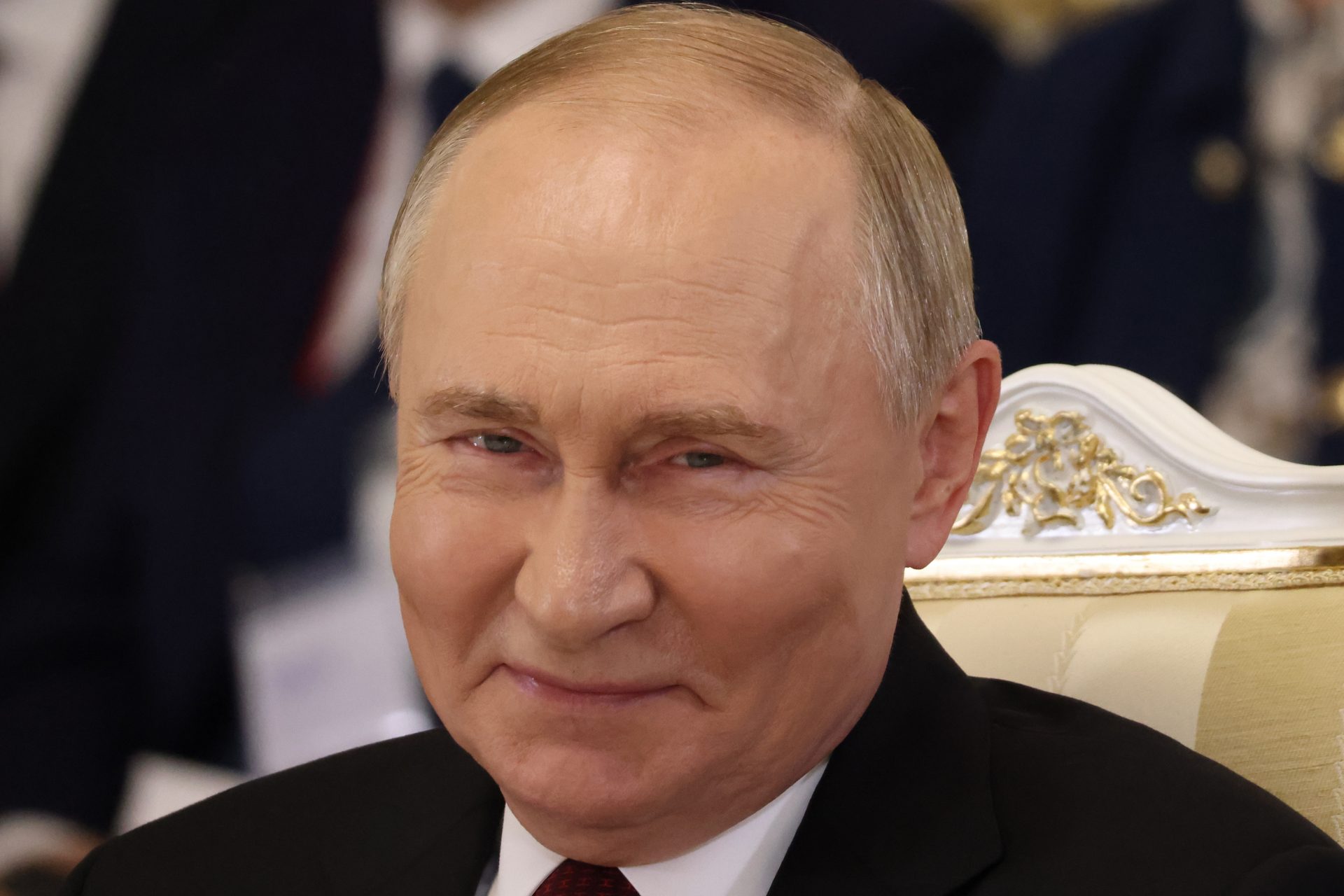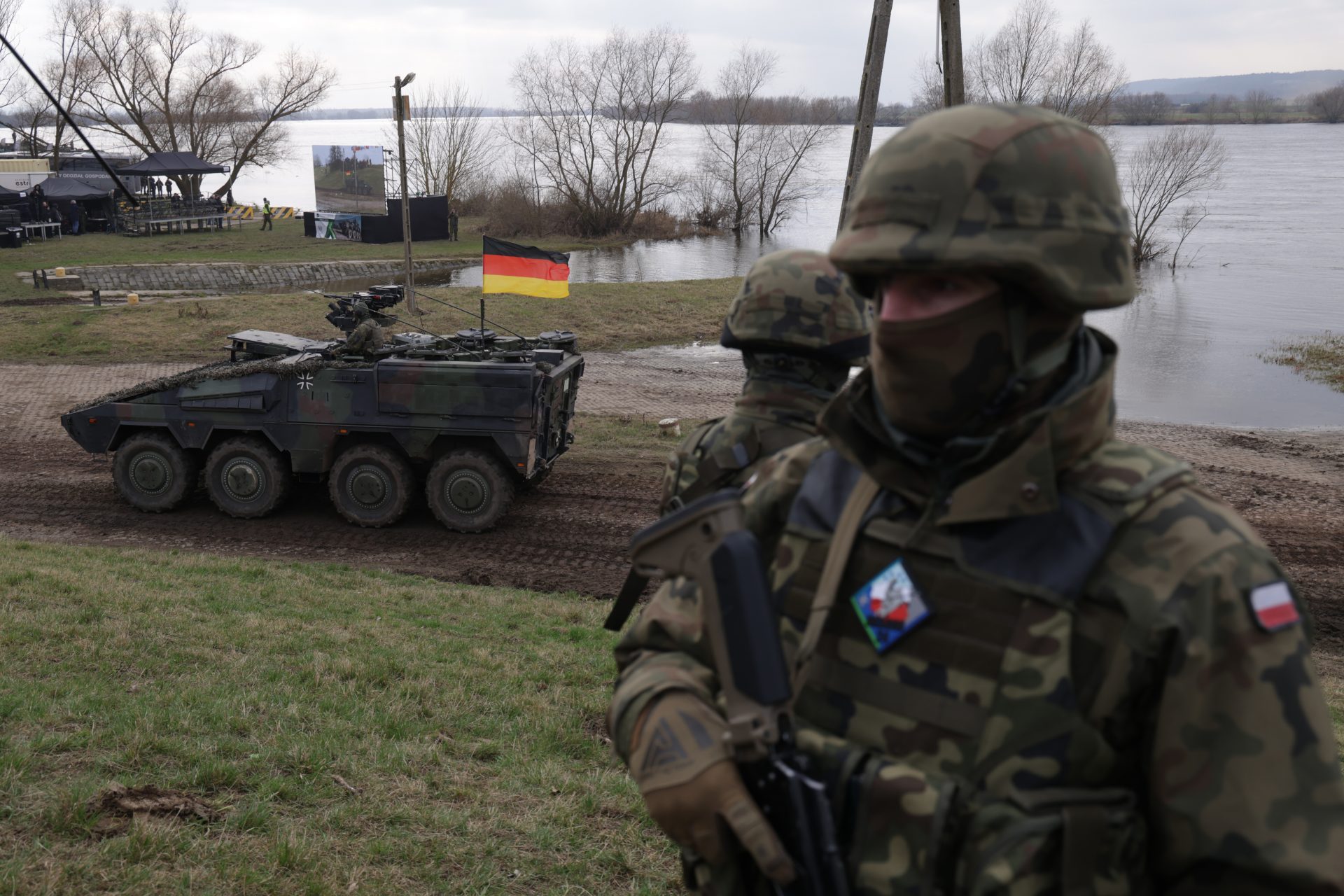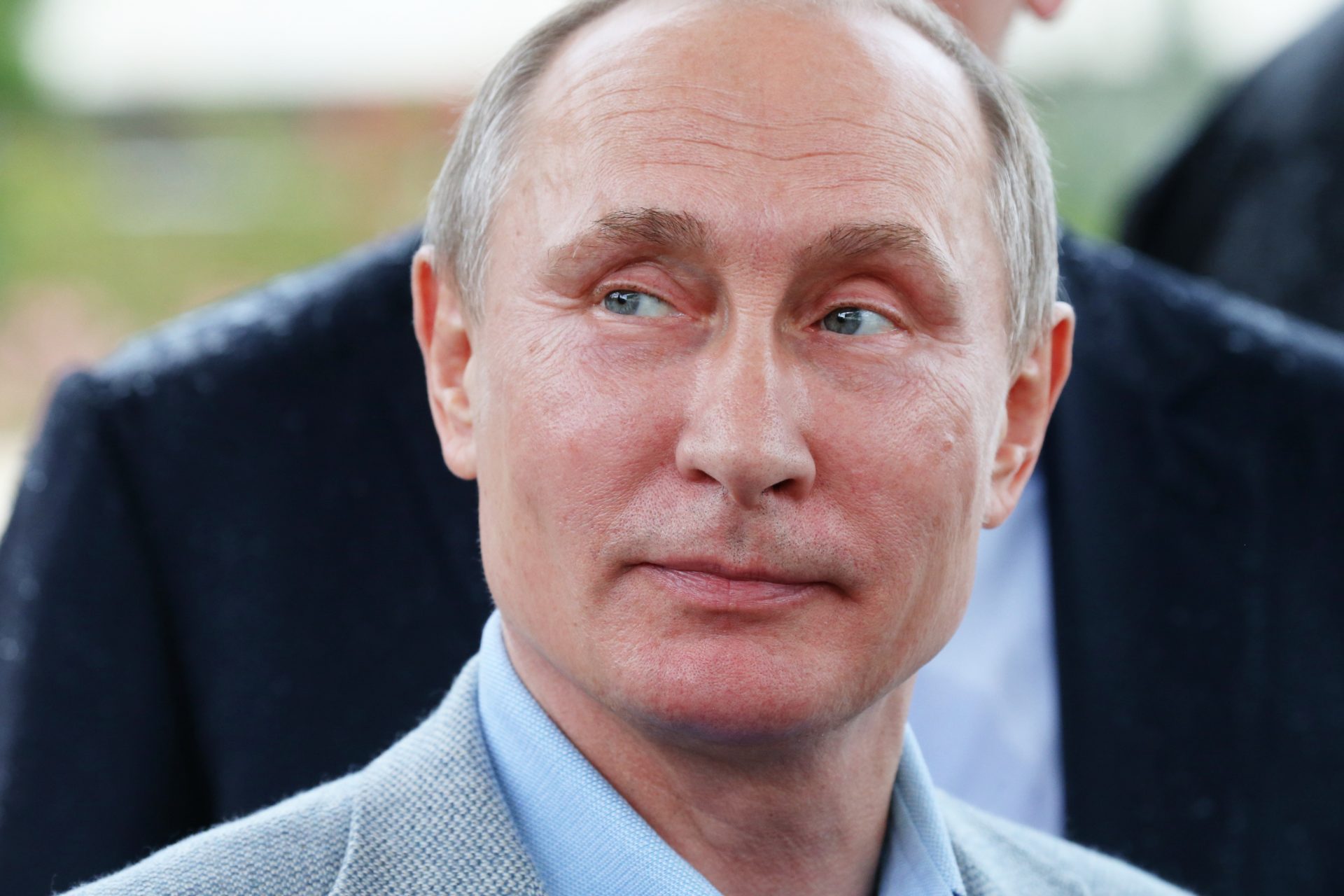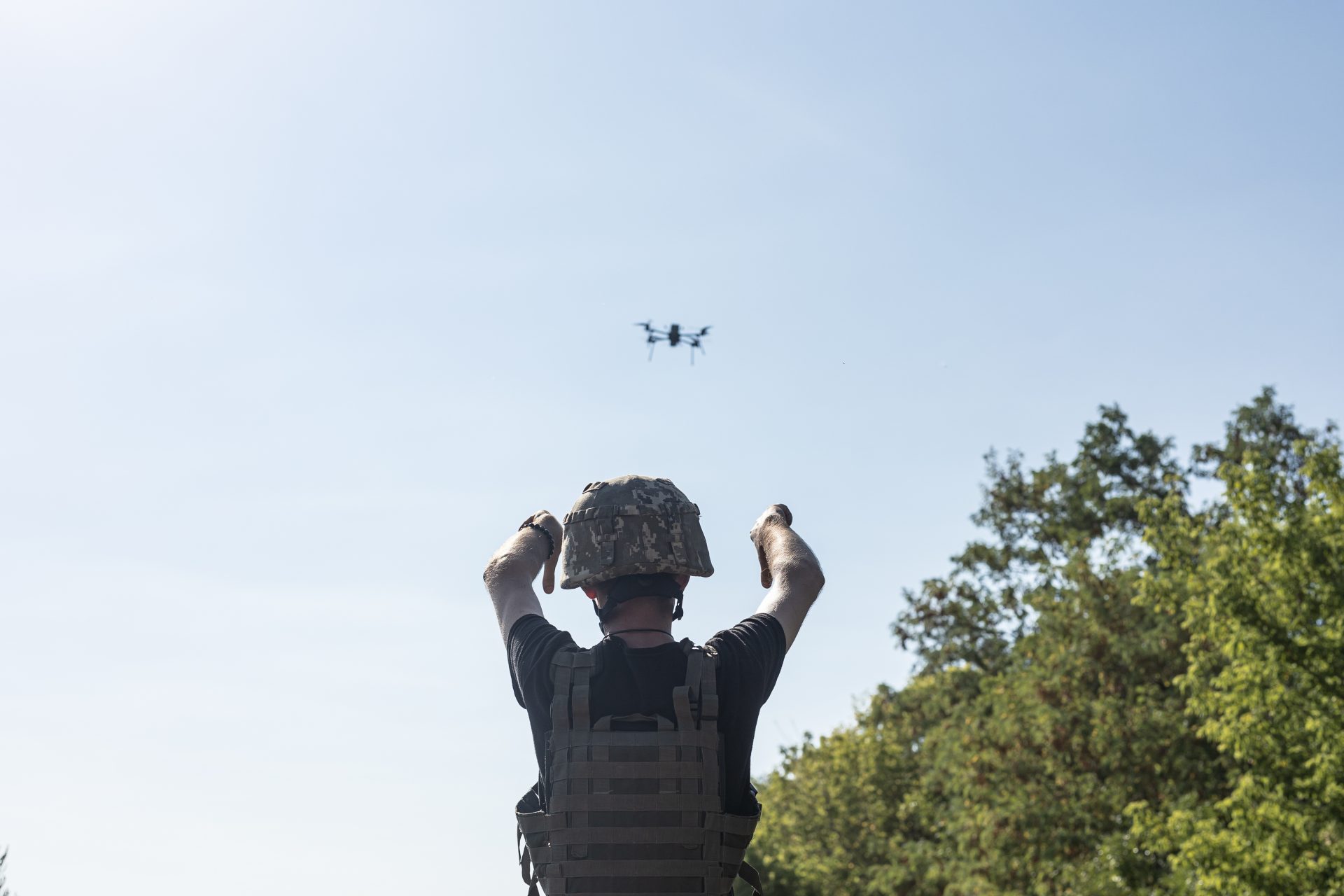Ukraine can win in 2024 but it's up to the US and Europe
When Vladimir Putin ordered the invasion of Ukraine he believed the campaign wouldn’t last very long. Putin’s war planners hoped to capture Kyiv in three days but Ukraine held on and the full-scale invasion quickly ground to a halt.
The early weeks and months of the war were marked by a number of Ukrainian victories that saw Moscow remove its troops from the north of the country as well as the stunning recapture of territory in Kharkiv and Kherson Oblasts.
Western military aid played a crucial role in Ukraine's success. Weapons like the American FGM-148 Javlin helped stop Moscow’s invasion but there are some who believe that the West hasn’t gone far enough in its military assistance.
Robert Hooker is Non-Resident Senior Fellow at the Atlantic Council’s Scowcroft Center for Strategy and Security and he argued in a recent article that Ukraine's ultimate victory against Russia is in the hands of its Western partners.
Photo Credit: Youtube @thejamestownfoundation9317
Hooker explained that while Western military aid played a major role in keeping Ukraine in the fight, he argued that the impact of the help sent needed to be put in context since the denial of some systems hurt Kyiv's successes.
For example, even though the United States allocated $100 billion dollars in funding for Ukraine, the Biden administration also withheld its F-16 fighter jets and pressured allies to do the same. This limited Ukraine's combat abilities.
Ukraine was forced to fight for air dominance using its stock of drones and older missile defense systems, a situation that denied the country’s ground forces the close air power support they needed during their high-intensity battles.
“Outnumbered ten to one in combat aircraft, the Ukrainian Air Force can contribute little on the battlefield,” Hooker explained before adding that “a limited transfer of older Polish and Slovak fighter jets has helped to offset combat losses.”
The US also supplied Ukraine with Multiple Launch Rocket Systems and cruise missiles but it provided very limited quantities. Moreover, despite having hundreds of older tanks in storage, only 31 M1 Abrams were provided to Ukraine.
Europe provided almost as much assistance to Ukraine as the United States having given $80 billion in overall help, but European aid has been rather unequal among the union’s member states according to Hooker’s analysis.
States more threatened by Russia like Poland, Lithuania, and Estonia have provided a lot more while the rest have followed the US lead and given Ukraine what was needed to stop Russia but not the tools required to take back its territory.
There are a number of reasons why the West has been reluctant to supply Ukraine with the weapons that it needs to retake the territory Russia captured during the first weeks of the war, and they make some sense from a certain point of view.
Western nations have been afraid of crossing Russia’s ‘red lines’ and providing the type of military aid assistance that could lead to a nuclear exchange or lead to the overthrow of Putin, which would lead to chaos erupting in Russia.
Moreover, Hooker pointed out that there is a belief among some that Russia is important to the international system, and providing Ukraine with the means to defeat Moscow may result in the end of Russia as part of the international system.
However, it's equally as true, according to Hooker, that if the West had committed itself to a Ukrainian victory in 2022, then Kyiv would have had everything it needed to execute a successful counter-offensive against Russia in 2023.
Hooker explained that at the cost of a small fraction of NATO’s defense budget, Russia could have been “neutered for a generation” and the prospect of escalation with Russia could have been “dramatically reduced.”
“That outcome is still possible and can be achieved,” Hooker wrote. “A policy reversal by Western leaders in early 2024 could see Ukraine equipped with the capabilities it needs to win the war by the end of the year.”
More for you
Top Stories






